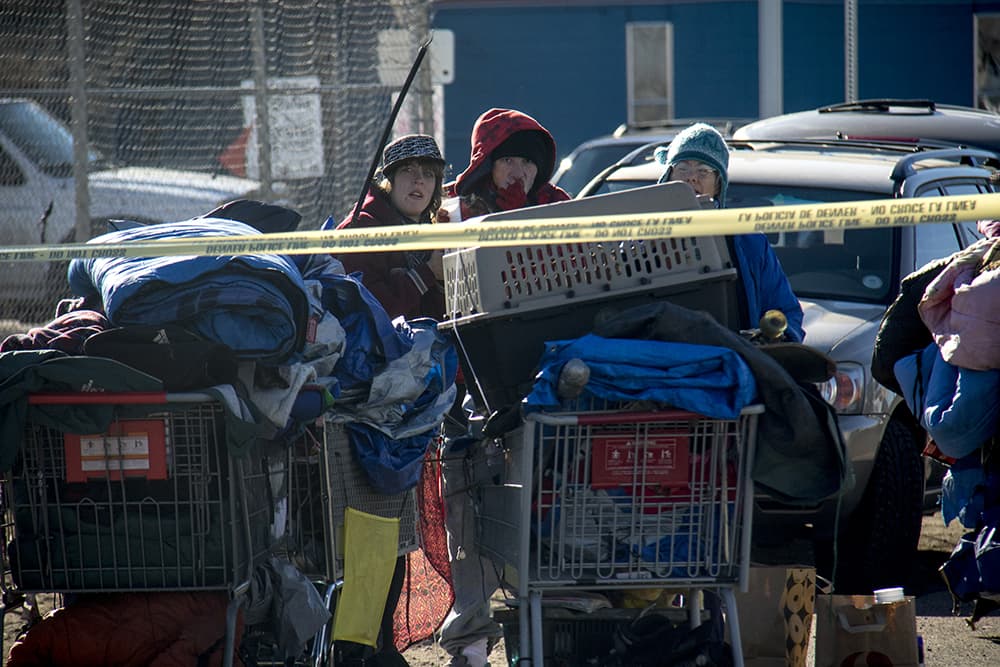
When a federal judge granted class action status earlier this year to a lawsuit by homeless plaintiffs, he took the unusual step of strongly urging attorney Jason Flores-Williams to find some experienced co-counsel.
Now one of Denver's most prominent civil rights attorneys, David Lane, is signing on to the case.
"Denver's war on the homeless is unconscionable, and we will do whatever we can to protect the most helpless members of our society from the economic interests that are trying to criminalize their status," Lane said.
Kilmer, Lane and Newman will get paid if the plaintiffs prevail because defendants are generally ordered to pay attorneys' fees in successful civil rights lawsuits. Lane has represented prominent clients like anti-tax crusader Douglas Bruce and ousted University of Colorado professor Ward Churchill, as well as Muslim inmates complaining of discrimination and a Boulder gadfly who was arrested after addressing the City Council in his underwear.
In this lawsuit, a group of homeless plaintiffs say the city violated their due process rights by taking their possessions in a series of homeless "sweeps" or enforcement actions to remove encampments from city sidewalks, river banks and other places. The city contends that, one, there was no coordinated policy that can be treated as such but a string of unrelated, highly specific enforcement actions, and that, two, people are able to retrieve their belongings.
In April, U.S. District Court Judge William Martinez granted class action status to the lawsuit but expressed serious reservations about the capacity of Flores-Williams to represent his clients. He allowed Flores-Williams to stay on the case because of his dedication and ability to keep his clients involved in the complex litigation despite challenging personal lives.
Lane said the case will be difficult, as many civil rights cases are, but he sees an opportunity to prevail.
"Every case against the rich and powerful that is brought as a civil rights case is a difficult case," he said. "This is no exception. The moneyed interests of Denver believe that homelessness is bad for businesses, and they have convinced the City Council to wage war on the homeless."
(City officials disagree with this characterization, pointing to the money spent on services and the fact that people are rarely arrested for the many "quality of life" crimes on the books and instead receive warnings.)
"When the police takes someone's property, there needs to be due process," Lane continued. "... That narrow little in-road is an opening for us. Nobody is saying that this case is going to make homelessness disappear, but what we are saying is that if the Denver police are going to take all people's worldly possessions, they're entitled to due process."












